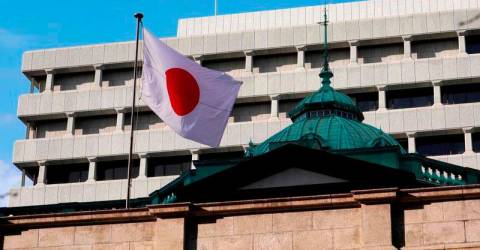TOKYO: Japan sweltered through its hottest July since records began 126 years ago, the weather agency said, as extreme heatwaves fuelled by climate change engulfed many parts of the globe.
Temperatures in the country were 2.16 degrees Celsius higher than average, breaking last year’s record for July of 1.91 degrees Celsius above average.
“It was the highest since statistics began in 1898,“ the Japan Meteorological Agency (JMA) said Thursday, noting that the figures were “considerably higher” nationwide.
Of 153 observation posts across Japan, 62 broke their average temperature record in July.
Contributing factors included a high-pressure system over the Pacific and “warm air from the south” that shrouded northern parts of the archipelago, the JMA said.
Since April, heatstroke has killed 59 people in Japan, according to the disaster management agency.
Parasols and chunky necklaces that can be stored in the freezer have been a common sight around Tokyo, where street performer Jiro Kan, 56, told AFP he was feeling the heat.
“After spending two hours standing here, I get so sweaty I can literally squeeze it all out from my shirt. I’m drenched,“ said Kan, dressed in an all-yellow suit.
“People who are used to a more dry type of heat like in the United States find the heat and humidity in Japan more difficult to handle,“ he said in tourist hotspot Asakusa.
Last month, Shizuoka west of Tokyo became the first Japanese region to see the mercury reach 40 degrees Celsius (104 Fahrenheit) this year — far surpassing the 35-degree threshold deemed “extremely hot” by authorities.
Heatwaves are becoming increasingly common across the globe, with the European Union’s climate monitor saying in July that the Earth experienced its warmest day in recorded history.



